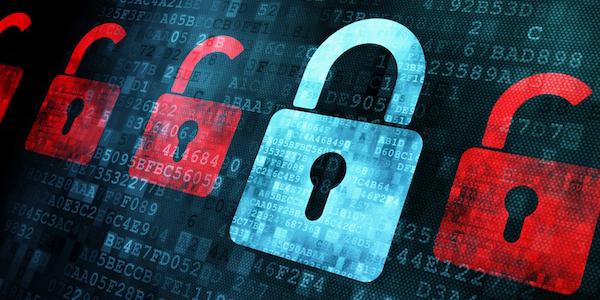Simple Steps for Social Media Security
Social networks are a great way to stay connected with others, but users, particularly millennials, should be wary about how much personal information they post.
According to a recent report by cybersecurity developer Forcepoint, millennials might pose as serious a cybersecurity risk to enterprise networks as cyber criminals. The research found that the baby boomer generation, those aged 51 to 69, are more cautious online while the younger work force is more likely to abandon caution in exchange for digital convenience..jpg)
One of the most notable results from the survey, done in July by research agency LaunchTech and commissioned by Forcepoint, is that more than 60 percent of millennials said they would not accept employment offers unless they are assured of no access restrictions to social media platforms.
Facebook, Twitter, Google+, YouTube, Pinterest, LinkedIn and other social networks have become an integral part of online lives. Social networks are a great way to stay connected with others, but users should be wary about how much personal information they post.
Have your employees and family, no matter their age, follow these tips from the National Cyber Security Alliance’s staysafeonline.com to securely enjoy social networking:
- Privacy and security settings exist for a reason: Learn about and use the privacy and security settings on social networks. They are there to help you control who sees what you post and manage your online experience in a positive way.
- Once posted, always posted: Protect your reputation on social networks. What you post online stays online. Think twice before posting pictures you wouldn’t want your parents or future employers to see. Recent research found that 70 percent of job recruiters rejected candidates based on information they found online.
- Your online reputation can be a good thing: Recent research also found that recruiters respond to a strong, positive personal brand online. So show your smarts, thoughtfulness and mastery of the environment.
- Keep personal info personal: Be cautious about how much personal information you provide on social networking sites. The more information you post, the easier it may be for a hacker or someone else to use that information to steal your identity, access your data or commit other crimes such as stalking.
- Know and manage your friends: Social networks can be used for a variety of purposes. Some of the fun is creating a large pool of friends from many aspects of your life. That doesn’t mean all friends are created equal. Use tools to manage the information you share with friends in different groups or even have multiple online pages. If you’re trying to create a public persona as a blogger or expert, create an open profile or a “fan” page that encourages broad participation and limits personal information. Use your personal profile to keep your real friends (the ones you know trust) more synced up with your daily life.
- Be honest if you’re uncomfortable: If a friend posts something about you that makes you uncomfortable or you think is inappropriate, let them know. Likewise, stay open-minded if a friend approaches you because something you’ve posted makes him or her uncomfortable. People have different tolerances for how much the world knows about them. Respect those differences.
- Know what action to take: If someone is harassing or threatening you, remove them from your friends list, block them and report them to the site administrator.
Lastly, be sure to include guidelines about social networking as part of your cybersecurity plan to mitigate the risks to your business.





Comments